Breaking Isolation - How I Built a Media Company
Covid? Cancellations? "You're not allowed to say/do/think/film that!" What better time to build a company?
January 2019: Journalists pack the Olive Tree, upstairs from New York’s Comedy Cellar, for the occasional “thought criminals” nights put on by Bari Weiss, then at the New York Times. It’s casual, cocktails and hummus and jet-engine levels of talking. At one point Bari calls attention to their being three people in attendance currently in the barrel, how it’s a weird time in media, in the culture. The people she refers to sit at one end of the communal table: Jesse Singal, John McWhorter, and me. Our crimes, respectively, are raising questions about transgender youth medicine; language policing; and the excesses of #MeToo. Everyone goes back to talking, including, later, Bari, Reason’s Matt Welch, and myself at the bar, where the conversation goes something like: Seems like the walls are really closing in, heh? But maybe we’re imagining it? What do you think?
I don’t know what to think. I am just now making my way back to New York—I’ve been writing nationally for 25 years, the past 15 while living in the media desert that is Portland, Oregon—and regardless of whether everything in journalism is turning upside down, I want to be part of it…
So begins an essay I was kindly asked to write for
, about building a little media company in the midst of a great big media and cultural mess, a time when the klaxons were warning, “You can’t say/write/film that!” To which a whole bunch of us said, “Watch me.” Was it super-fun to build a recording studio in my nightgown? To have scores of people pass through and record and build things and, to this day, drink and eat and just hang out? Boy howdy, yes and yes and yes and yes.There’s a lot more to say about the cultural and media mess that led to creation - and I did!
June 3, 2020: Tom Cotton writes an op-ed for the New York Times, suggesting that President Trump should send federal troops to quell the violence in American cities. This sets off a firestorm inside the paper, with employees claiming it puts black lives in danger. Other publications quickly reify that position, including Refinery29, which the next day claims the op-ed “will put countless Black Americans—including the Black journalists at the Times—in danger.” On June 7, James Bennet, Times editorial page editor, resigned under pressure. The following day, and as if to prove allyship comes with its own hazards, the co-founder of Refinery29 is forced out by employees who claim she created “a toxic culture” for women of color. Four other high-profile ousters occur before the week is out, all of the calls coming from inside the building.
June 9, 2020: HBO pulls Gone With the Wind from its library, and Paramount cancels Cops.
June 2020: Matt and I make a list of fifty journalists we want to contribute, people we might or might not agree with politically but whom we trust to see straight in the current media storm: Nellie Bowles and Coleman Hughes, Andrew Sullivan and Batya Ungar-Sargon, Caitlin Flanagan and Thomas Chatterton-Williams and Kat Rosenfield. We don’t know how we are going to corral them, how we are going to pay them. Because I am desperate to cook, and contrary to the city being on lockdown, we start inviting some of these people to Tuesday lunches. Meghan Daum arrives basically hugging the wall; she hasn’t left her apartment in three months. Ever the spitfire, Kat Timpf shows up multiple weeks.
Are we still building new and beautiful things? Yes we are. Read more about the initial “endeavor thrust,” in “Breaking Isolation - How I Built a Media Company.”


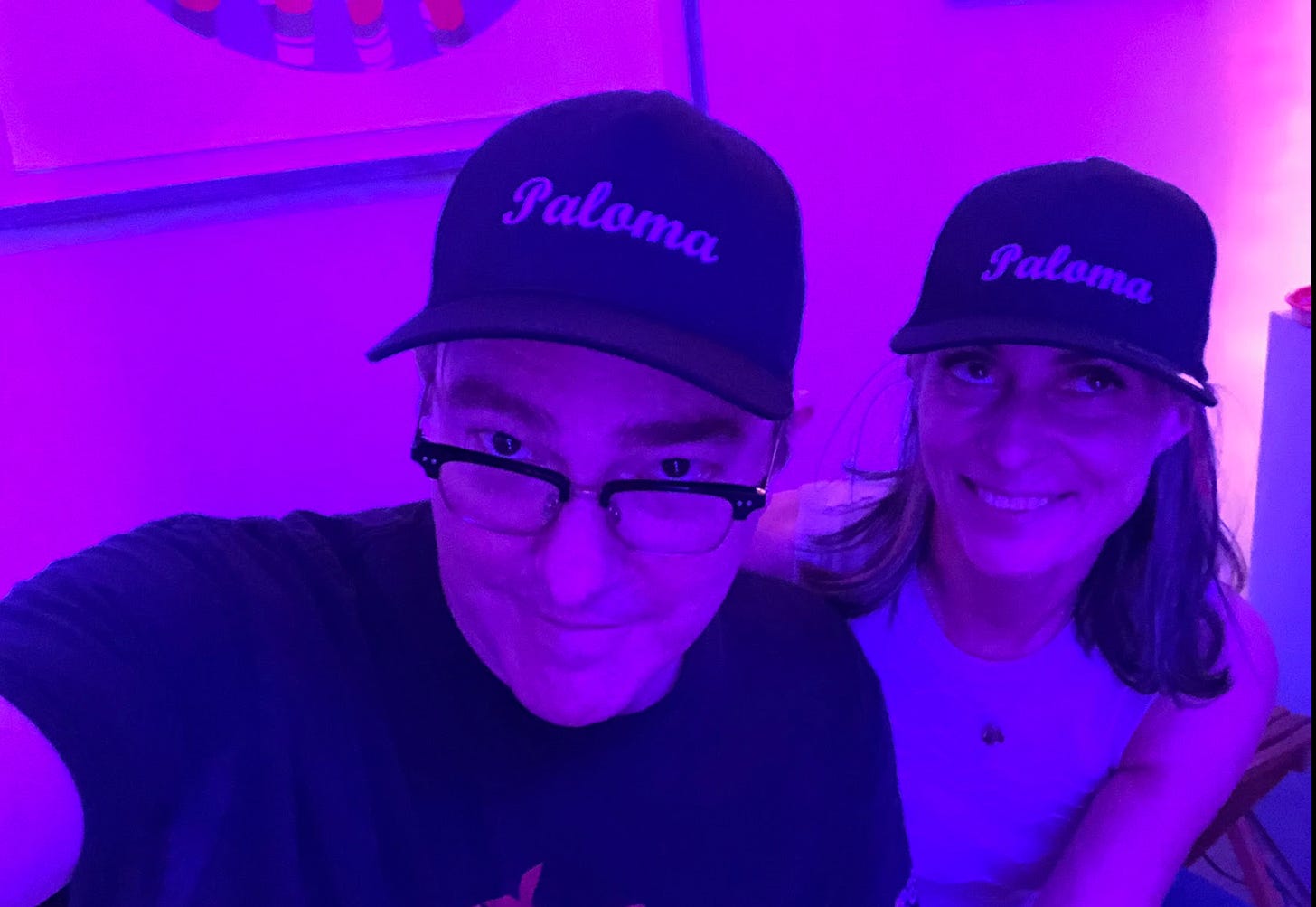
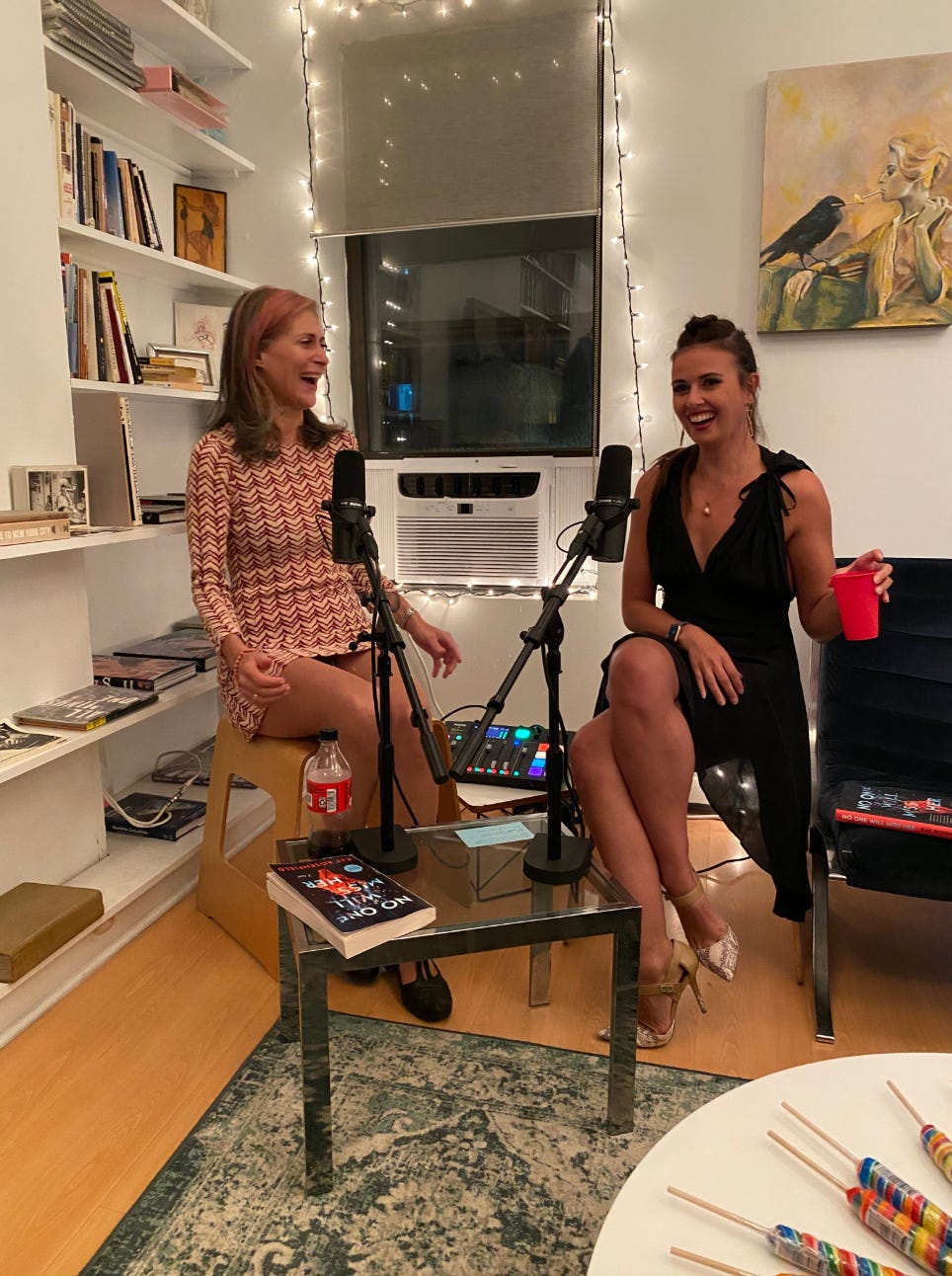
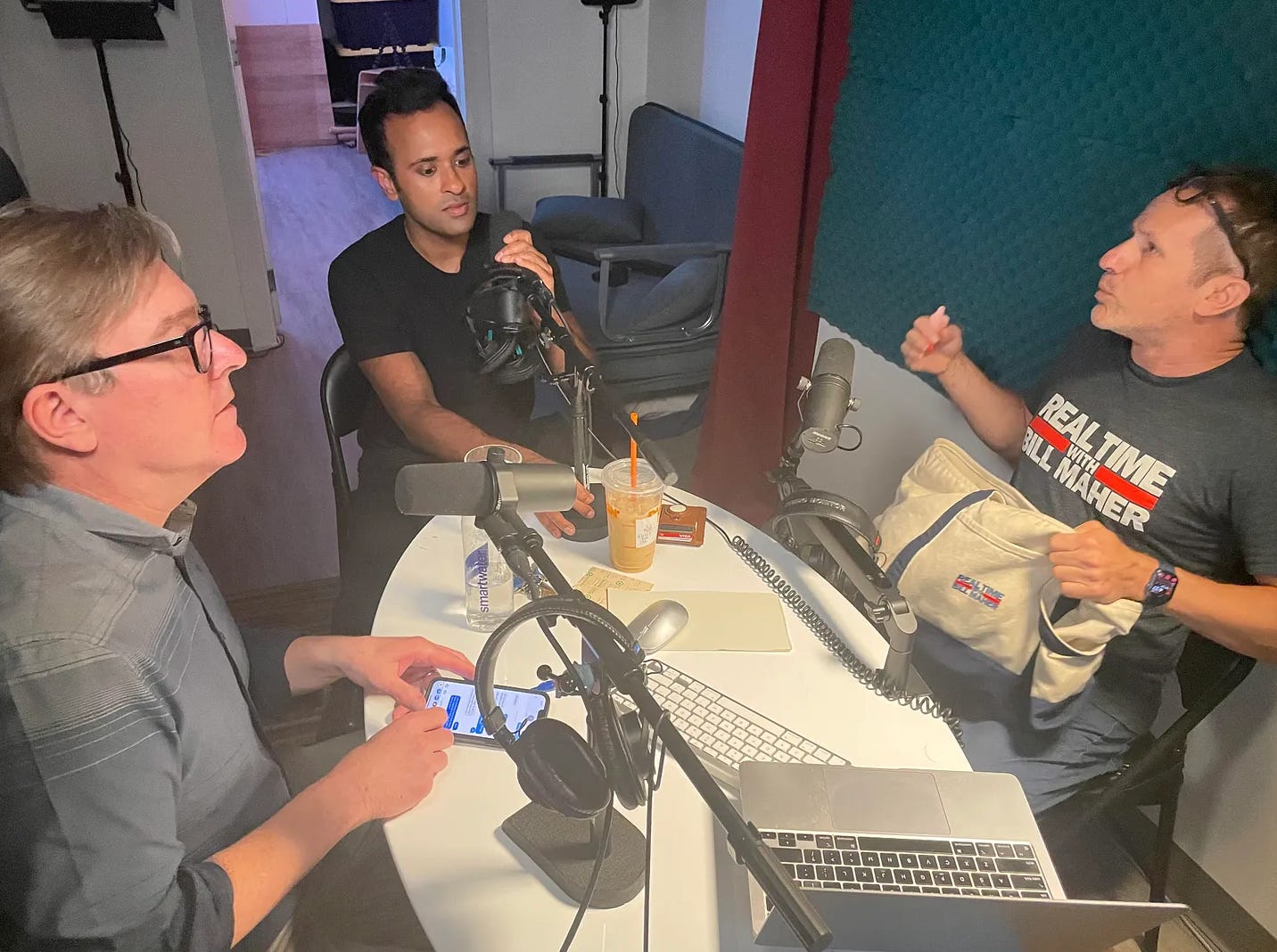
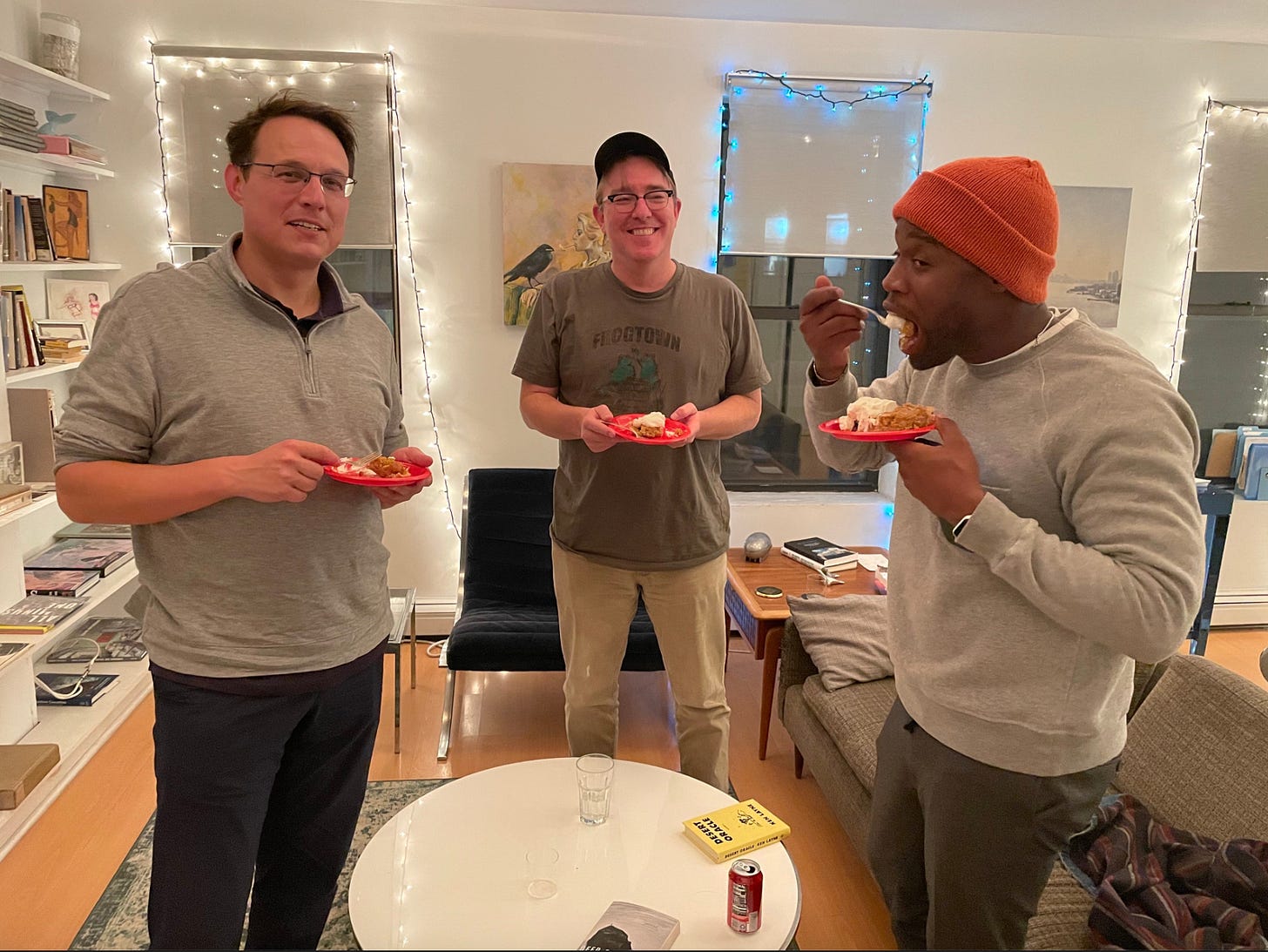
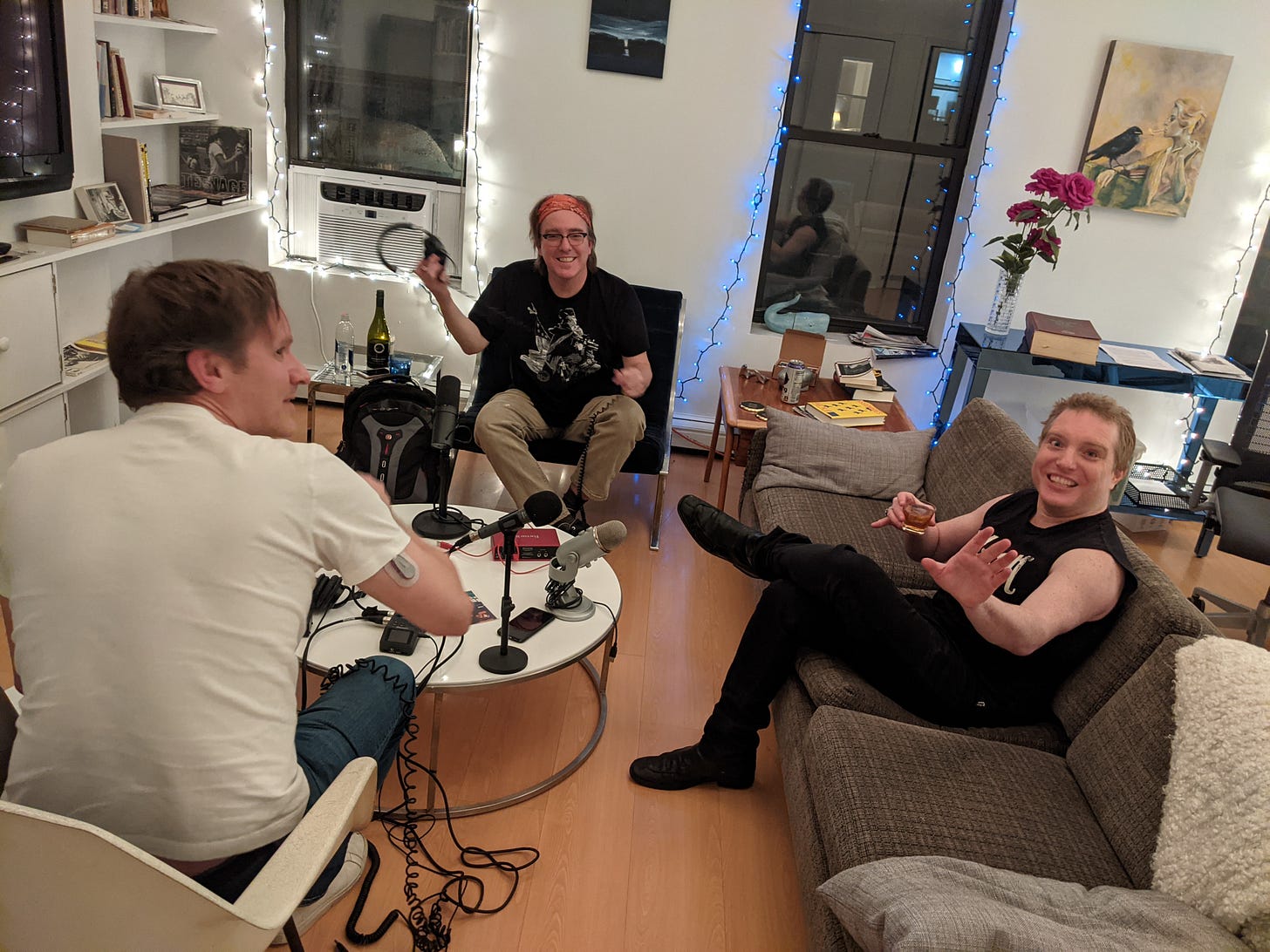
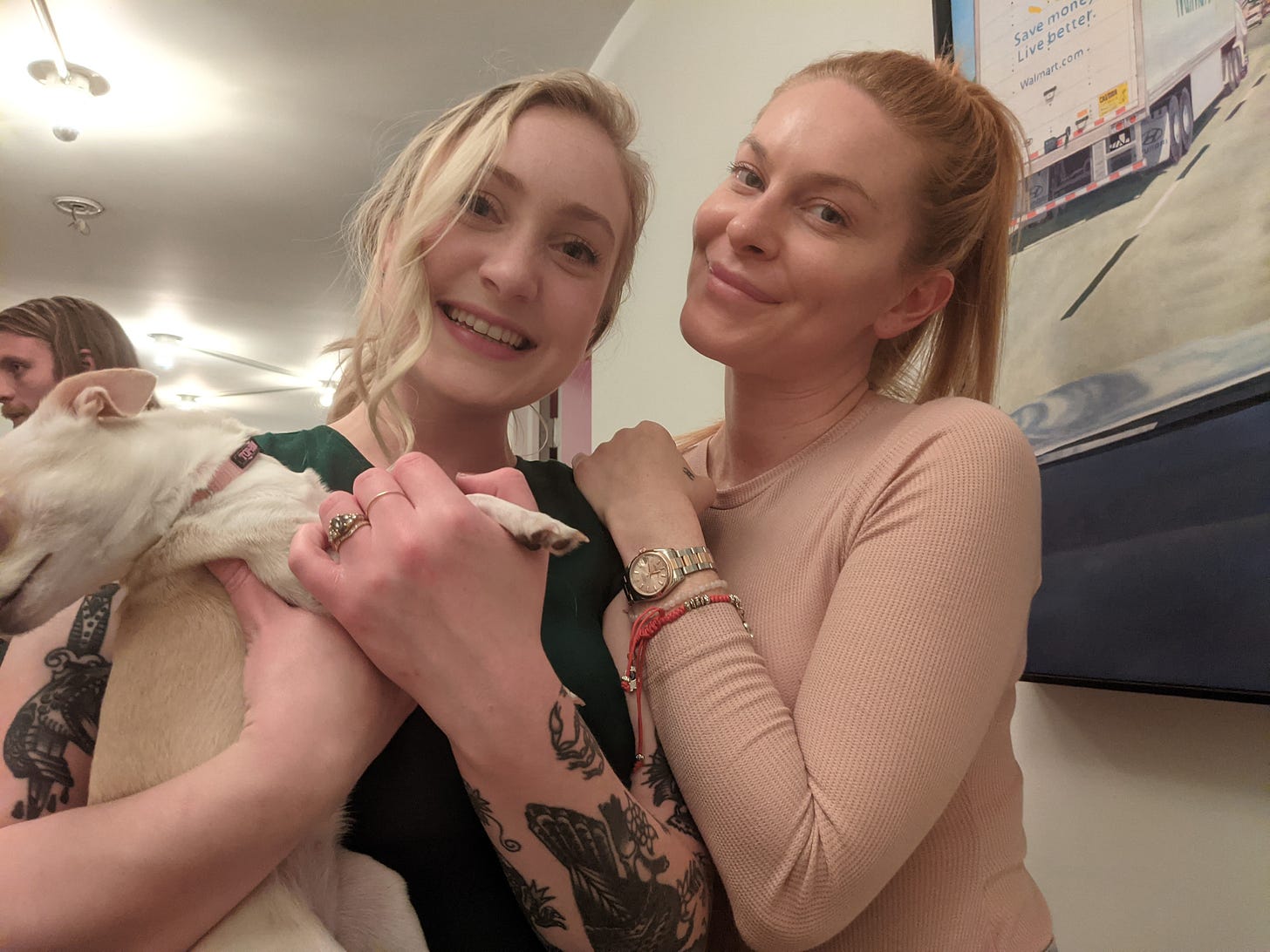
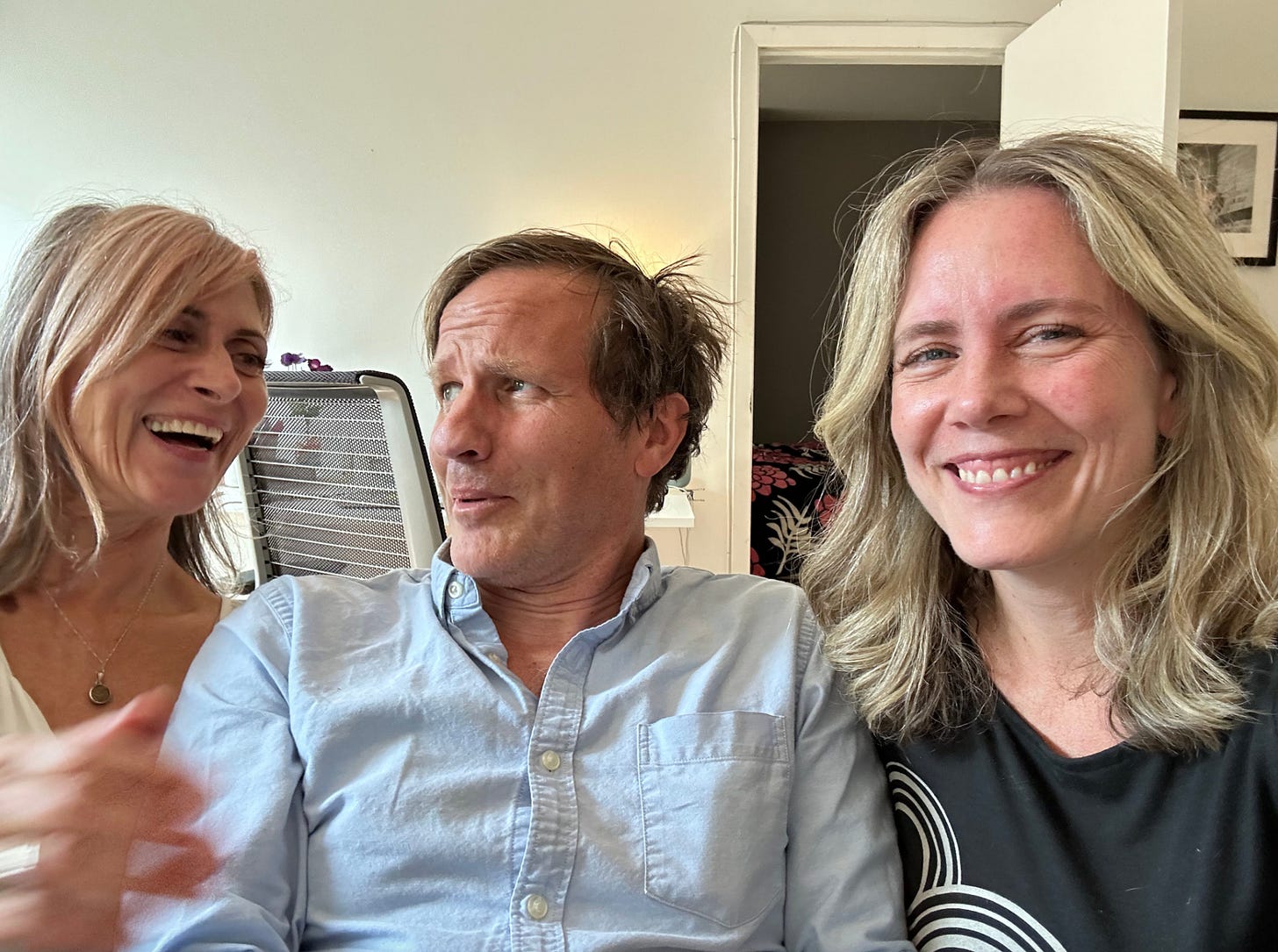
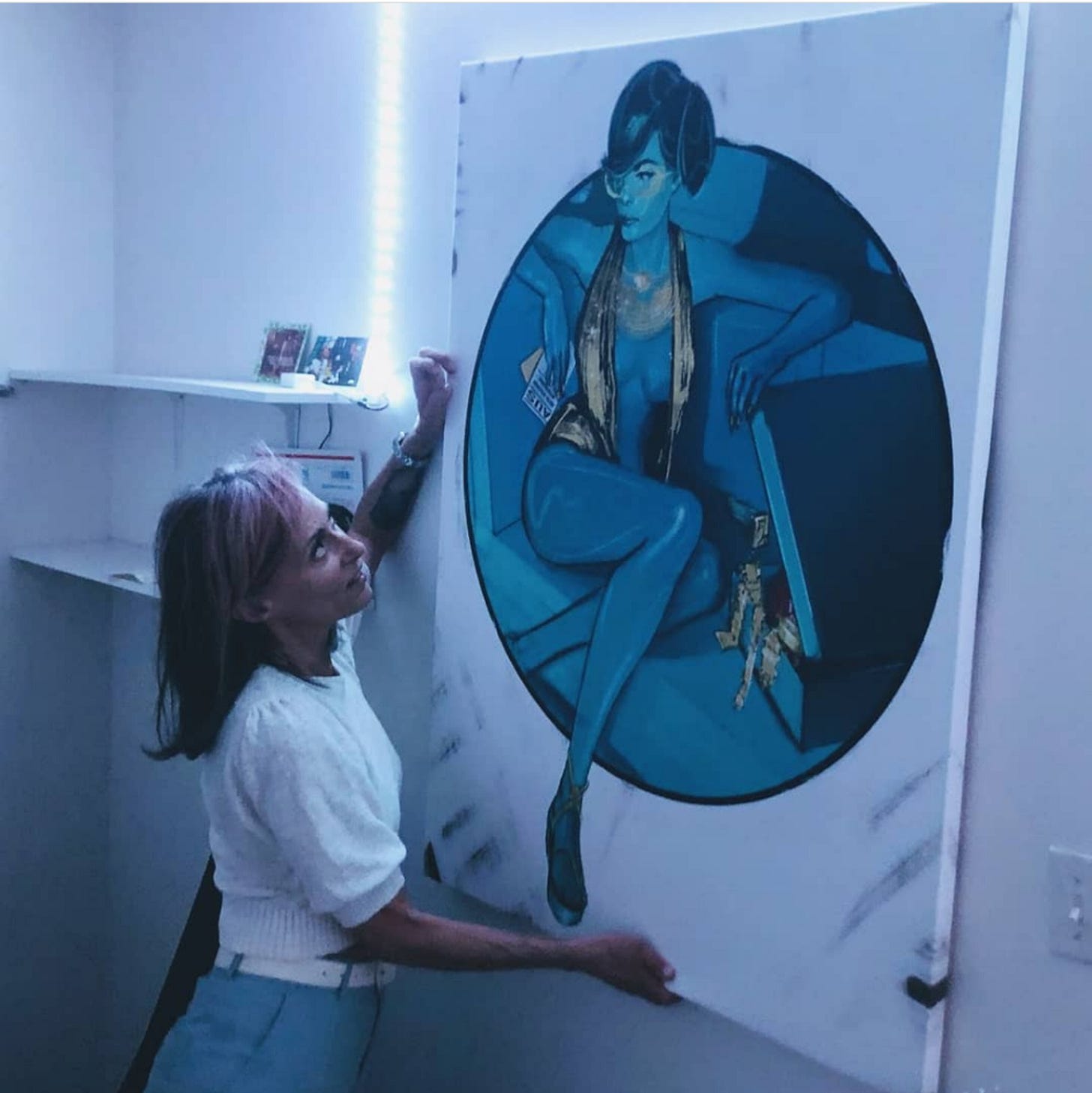
Read this at The Freeman and it's excellent. I knew bits and pieces of this but it's great to have a fleshed out timeline with more of the backstory.
And we’re better off for the stories written and discussions that have happened because of this!